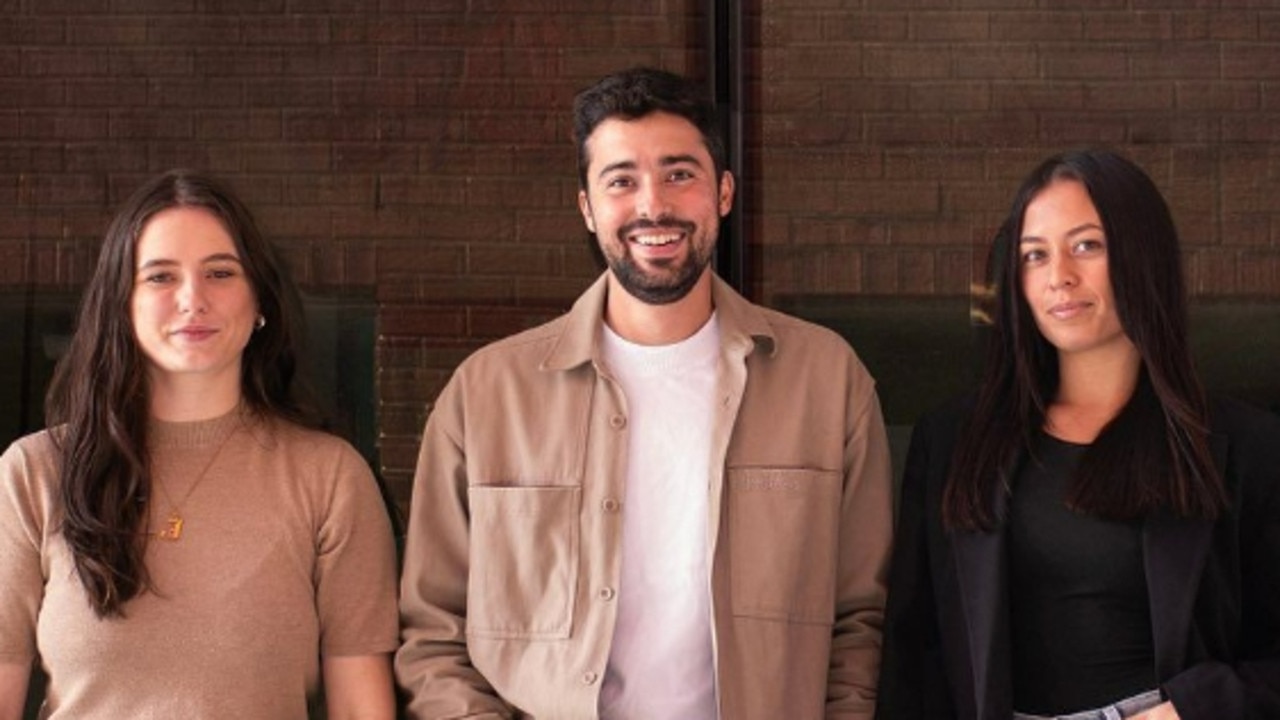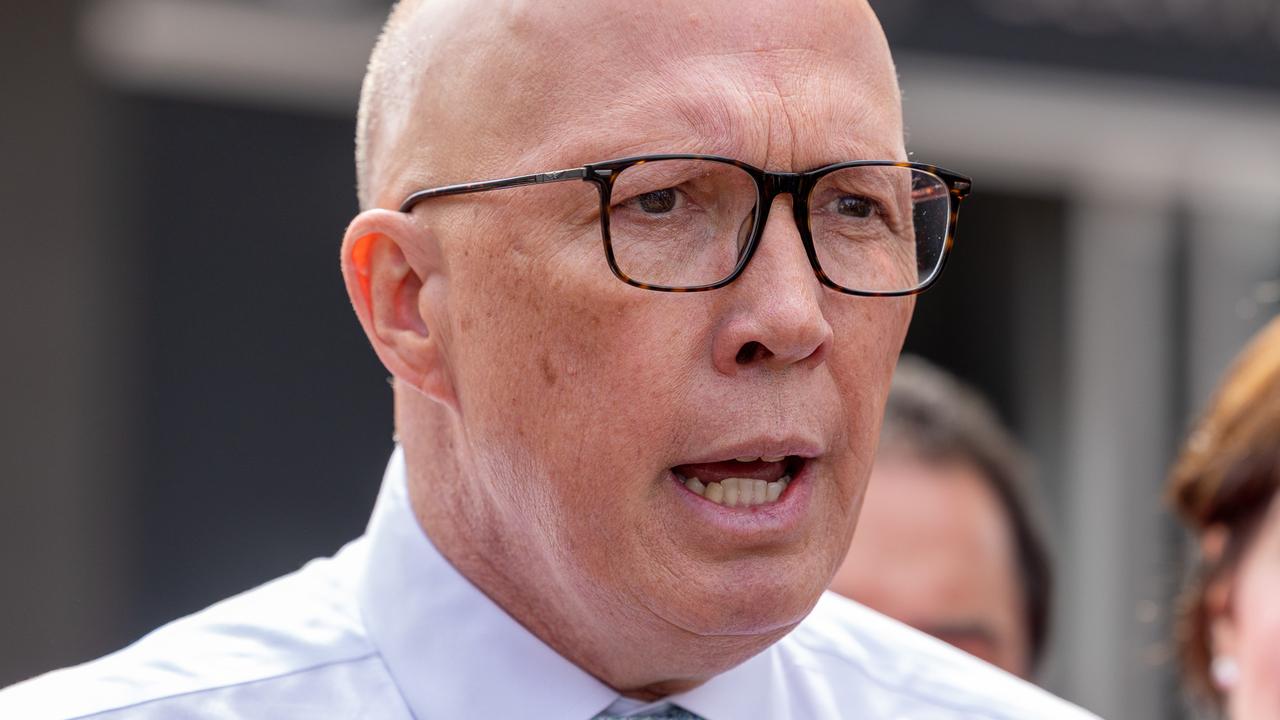Where South Australians have lost their jobs
Young South Australian workers are losing jobs twice as fast as middle-aged employees, fuelling fears they may never afford a home or have kids. They are also facing more competition. SEE THE LIST
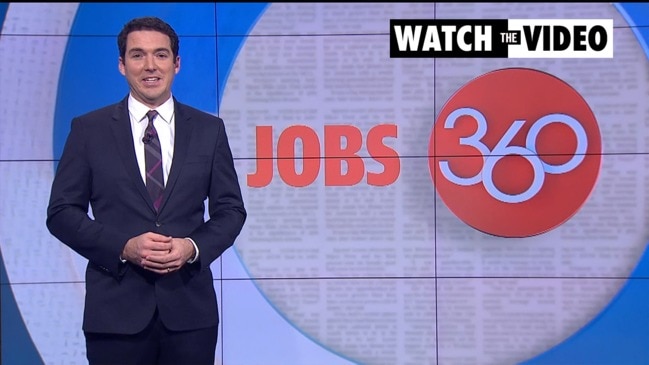
SA News
Don't miss out on the headlines from SA News. Followed categories will be added to My News.
Young Australians are getting sacked twice as fast as middle-aged workers, with the COVID-19 pandemic wiping out hundreds of thousands jobs in the past six months.
One in every 16 jobs held by workers in their 20s has vanished since March, as lockdowns and border closures smash the tourism, hospitality and retail sectors.
One in 40 middle-aged workers in their 40s and 50s has been sacked during the pandemic.
Baby Boomers have been harder-hit, with one in nine workers in their 70s and one in 16 workers in their 60s made redundant.
Centre for Future Work senior economist Alison Pennington yesterday warned a generation of young Australians could miss out on stable jobs, home ownership and having children.
“Full-time jobs are being replaced by smaller part-time jobs that are more likely to be insecure and casual,’’ she said.
“We will have a generation of Australians locked out of decent work, owning a home, making a family and building a sense of belonging in Australia.’’
The federal government is trying to cushion job losses for Millennials by spending $4 billion in a new JobMaker plan, to pay employers up to $200 a week to hire jobless people aged 16 to 35.
The government will also pay half the wages of 100,000 new apprentices and trainees.
Ms Pennington said older workers who lose full-time work now risk being unemployed for the rest of their lives.
“We’re looking at hundreds of thousands of older workers who’ll be piecing together an income through low-skilled part-time jobs, biding their time before they can get the pension at 66,’’ she said.
Across South Australia, one in every 46 jobs has been wiped out during the pandemic.
Job losses in Adelaide’s CBD were nearly double the national average, with one in 14 jobs vanishing during the pandemic.
The work wipe-out was similar on the Eyre Peninsula, Limestone Coast and Kangaroo Island.
Nearly one in 20 jobs disappeared in the Murray and Mallee regions, the Yorke Peninsula, the Barossa region and Port Adelaide.
Robyn Fitzell has been looking for administrative work since June – and has not had a single interview.
The 61-year-old, from Aldinga Beach, says she found herself “in a bit of a depression hole” as the COVID-19 pandemic made job hunting even harder, with a growing number of jobseekers, who are often younger.
“I think older people bring a lot of job experience so they are a good fit for a lot of jobs but employers are looking for younger people now,” the mother of seven and grandmother of three says.
“I think the government needs to look at upskilling and getting older people confident in themselves again, if that’s possible.”
Ms Fitzell has started a career transition program for jobseekers aged 50-plus called Next Steps, funded by the Federal Government and free for eligible South Australians, which she credits with boosting her confidence.
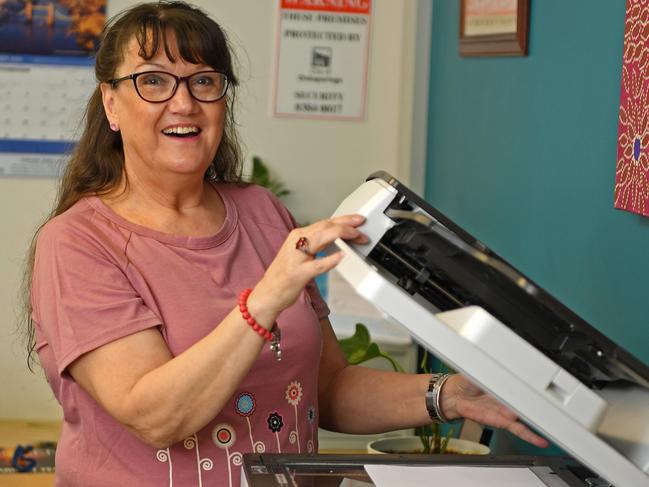
“Before I found the Next Steps program, I was in a bit of a depression hole,” she says. “I found it very difficult to get up the enthusiasm to actually look for work because I felt I was no longer relevant. I just gave up. (My confidence) has been on the up since then.”
As well as refining her LinkedIn profile and resumé through the program, Ms Fitzell has been doing short online courses and volunteering as an administrative assistant at the Aldinga Community Centre. She hopes an employer will give her an opportunity because she is a good hard worker, enthusiastic and a quick learner.
“I get on well with people and make them enjoy their day,” she said.
Though the government’s newly announced JobMaker Plan does not extend to Australians who are over 35, Ms Fitzell believed it was a fair policy.
“A lot of jobs nowadays need 15 years-plus experience, even for really young people, so they need the experience,” she said.
New payroll data from the Australian Taxation Office, analysed by News Corp, reveals the hardest-hit suburbs and regions across the country.
The worst-hit industry is aviation, with 41 per cent of jobs wiped out during the pandemic.
One in five jobs was lost in the tourism, film, creative and performing arts industries, and 17 per cent of workers were sacked from the hospitality and restaurant sector.
But jobs rose 12 per cent in the gas supply sector, 5 per cent in electricity supply, and 8 per cent in the household services such as cleaning.
Soaring demand for cleaning products and hand sanitiser boosted jobs by 7 per cent in the chemical product manufacturing sector.
Hospital employment rose 3 per cent, and public service jobs rose 4 per cent.
The tax data, published by the Australian Bureau of Statistics, is based on employers with a Single Touch real-time payroll system.
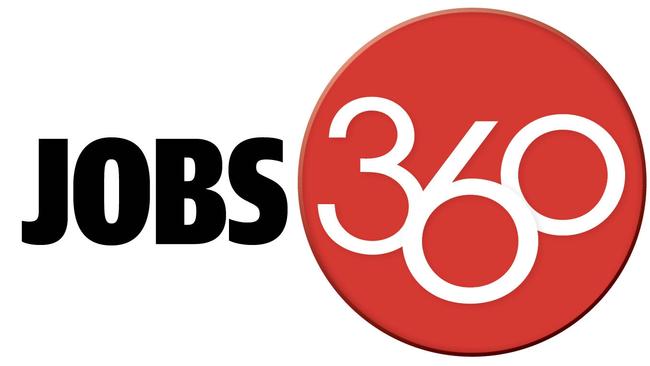
On Monday October 12 at 8pm AEDT, News Corp will air its Jobs 360 panel discussion online here.
On Tuesday we will highlight some of the solutions our experts are advocating to head off the crisis and point to almost 100,000 jobs region by region to help those looking for a job get back to work.
Originally published as Where South Australians have lost their jobs

